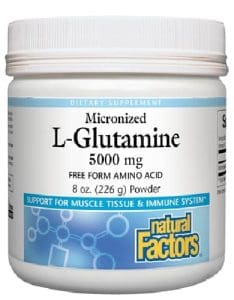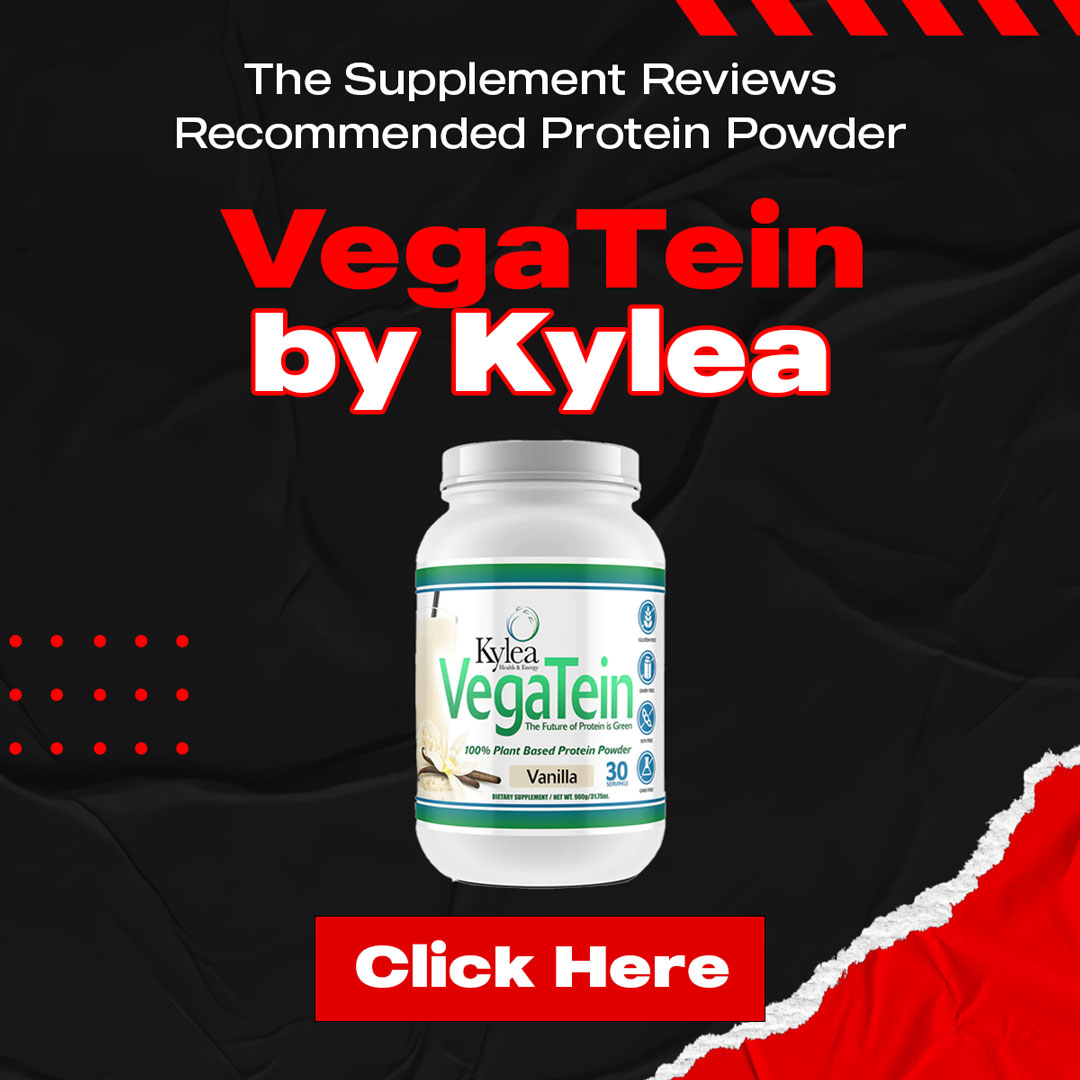 A healthy diet is essential to a good workout, and a healthy diet for bodybuilders and dedicated athletes often contains supplements. The right supplements can help the body prepare for and recover from a workout. But not all supplements are the same, and every amino acid, vitamin and mineral plays a different role in your ability to reach peak performance and health.
A healthy diet is essential to a good workout, and a healthy diet for bodybuilders and dedicated athletes often contains supplements. The right supplements can help the body prepare for and recover from a workout. But not all supplements are the same, and every amino acid, vitamin and mineral plays a different role in your ability to reach peak performance and health.
If you are considering a supplement while getting into shape, look for one that contains a high count of amino acids. Amino acids are the building blocks to protein, and work to repair and strengthen all the muscles and tissues throughout our body. Don’t leave your muscles depleted and flat after a workout; give them a good amount of amino acids to work with before you even hit the gym.
Which amino acids are essential to building muscle? In this blog post, we’ll talk about the benefits of L-Glutamine.
What Is L-Glutamine?
L-Glutamine is an amino acid that plays a big role in the immunity of your muscles and your entire body. The compound is a huge part of your overall immune system; it makes up 61% of all skeletal muscle in the body. Your body naturally produces L-Glutamine, which means it’s considered a non-essential amino acid. But don’t let that classification fool you; L-Glutamine is crucial if you’re looking to build muscle effectively.
What science says about L-Glutamine
L-Glutamine is hailed as one of the most important nutrients for intestinal health and one of the most important amino acids in the body. The nutrient is found in the muscular system, cerebral and spinal fluid and blood plasma more than any other amino acid in the body. L-glutamine has many responsibilities and treats many disorders in the body.
Muscles suffer through a lot of wear and tear during a big workout. They may be depleted and need amino acids to speed up the reparation process. That’s where l-glutamine comes in. L-glutamine’s job is to carry nitrogen and carbon into muscular cells and restore glycogen. L-glutamine is over 19% nitrogen and helps to balance out nitrogen levels in the body.
L-Glutamine is also known to support higher levels of the human growth hormone (HGH), which could help you boost your muscle growth.
L-Glutamine does not replenish easily; research shows that it can take the body up to six days to naturally rebuild depleted L-Glutamine. This is a big problem for bodybuilders and intense athletes; a hard workout could deplete L-Glutamine levels in the body by as much as 50%. If you enter a big workout without a hefty supply of L-Glutamine, your muscles could take longer to repair.
In addition to helping athletes after a workout, L-Glutamine has been used to strengthen the immune system during specific cancer treatments and treat some digestive and mood disorders.
Potential side effects
L-Glutamine is one of the most abundant amino acids in the body, and it’s considered safe for most athletes after a hard workout. But too much of any supplement may cause side effects, and supplements that contain L-Glutamine are no different. Take the recommended dose of any supplement to avoid stomach problems.
This amino acid is not recommended for people who have cirrhosis, severe liver disease, MSG sensitivity, mania or seizures. Women who are pregnant or breastfeeding should air on the side of caution and avoid excess supplements that contain L-Glutamine.
How to incorporate L-Glutamine into your routine
If you’re looking to build up a strong storage of L-Glutamine, include supplements into your diet before or after your workout. But before you invest in a supplement, consider the amino acid count and the blend of other proteins and ingredients that work together to replenish your muscles. Not all supplements are going to clearly advertise the amount of L-Glutamine present, especially if it’s one of many ingredients in a blend.
Before you purchase a supplement, check to make sure you’re not accidentally purchasing a supplement meant to restore L-Glutamic acid. Both of these amino acids look the same, but perform different roles in the body. While L-Glutamine is transported throughout the entire muscular system, L-Glutamic acid has benefits for the nervous system and preserving memory, but doesn’t transport nitrogen and replenish muscles like L-Glutamine does.
Higher concentrations of L-Glutamine in the body allow your muscles to repair faster after a workout. If you’re looking to boost your levels of this metabolism-friendly amino acid, check out our top-rated protein powder, which contains added Glutamine.
View our top rated protein supplements here: Top Whey Protein Powders.
I’m not just a supplement analyst. I’m an extremely qualified one! I am a Certified Nutrition Coach (CNC) and actually received my certification directly from the National Academy of Sports Medicine. I am also a Nutrition & Wellness Consultant, certified by the American Fitness Professionals Association (AFPA).



